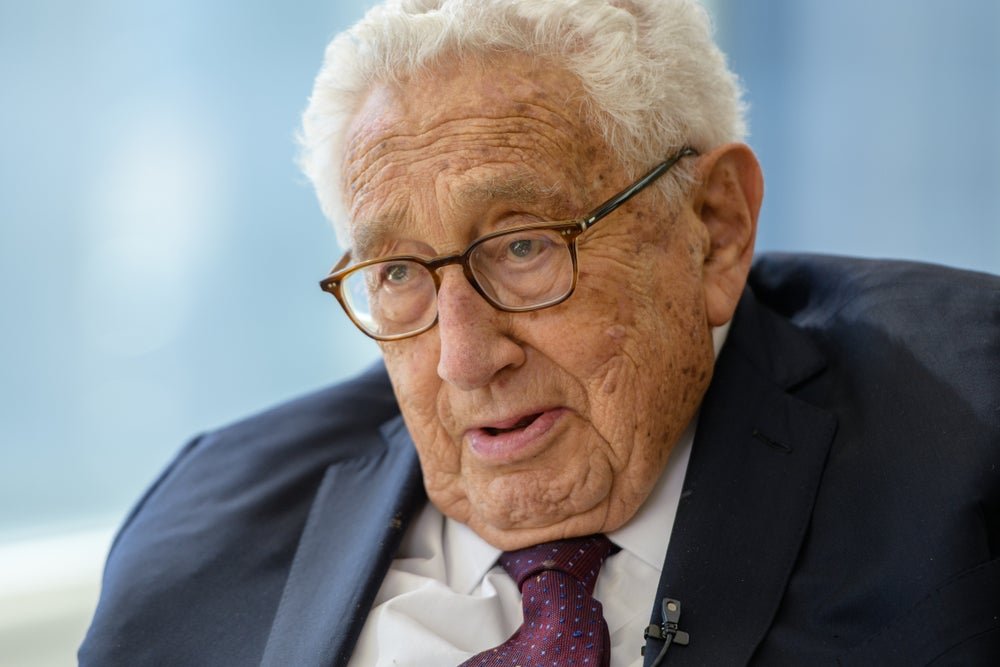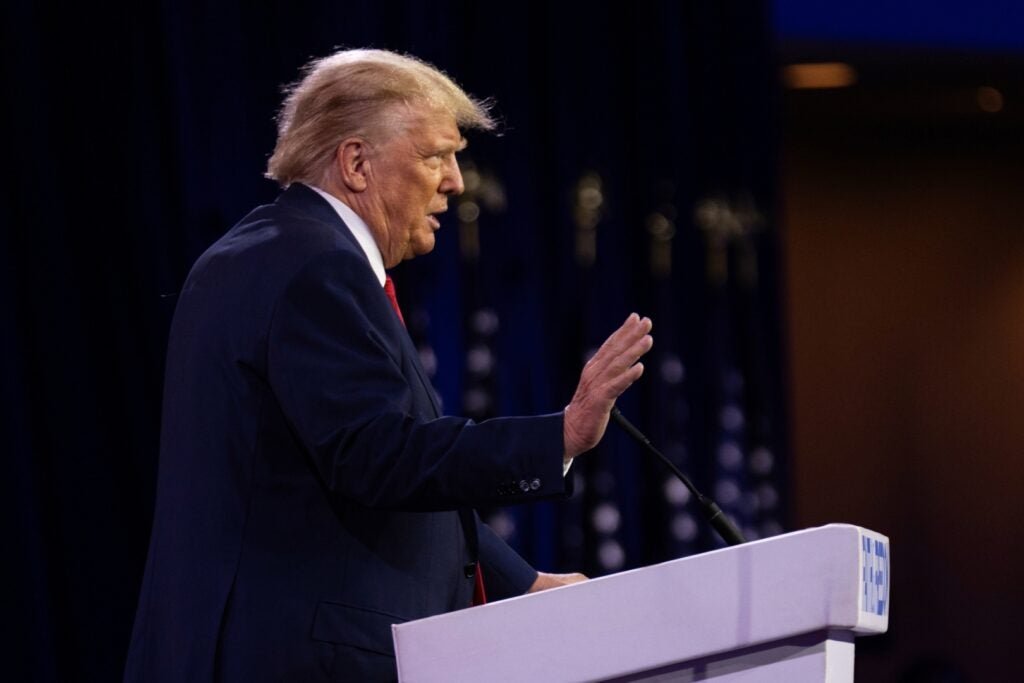Henry Kissinger, the influential diplomat who shaped 20th-century U.S. foreign policy during the Nixon and Ford administrations, died at 100 at his Connecticut home on Wednesday, the Washington Post reported.
Well-known for his diplomatic achievements and pragmatic approach to foreign policy, Henry Kissinger faced scrutiny for controversial policies, particularly concerning U.S. involvement in Southeast Asia. He originally advocated for a hard-line policy in Vietnam and helped engineer the U.S. bombing of Cambodia.
Kissinger served as a consultant on security matters to various U.S. agencies from 1955 to 1968, spanning the administrations of Eisenhower, Kennedy, and Johnson. In 1968, President Richard Nixon appointed him as assistant for national security affairs, leading to roles as head of the National Security Council (1969-1975) and secretary of state (1973-1977). After Nixon’s resignation in 1974, he continued directing foreign affairs under President Gerald Ford.
During these years, Henry Kissinger played a pivotal role in shaping U.S. foreign policy during the Cold War. His realpolitik approach emphasized practical considerations in diplomacy.
Some of Kissinger’s notable diplomatic endeavors include the normalization of relations with China, the negotiation of the Paris Peace Accords to end the Vietnam War, pursuing détente with the Soviet Union, and promoting a truce during the Arab-Israeli war of 1973. He also helped resume diplomatic relations between Egypt and the U.S.
However, Kissinger was also accused of endorsing via inaction deadly anti-democratic activities by right-wing Latin American governments, including Operation Condor, where several South American military governments coordinated their efforts to systematically eliminate opponents in the 1970s and ’80s.
After leaving government service, Kissinger remained active in the field of international relations. He founded a consulting firm and continued to write and speak on global issues. His books, including “Diplomacy” and “On China,” offered insights into his diplomatic experiences and perspectives on world affairs.
Kissinger was born on May 27, 1923, in Fürth, Germany. His early years were marked by the rise of the Nazi regime, and his Jewish family fled to the U.S. in 1938 to escape persecution. He served in the U.S. Army during World War II and in the postwar U.S. military government of Germany. He graduated from Harvard College in 1950 and later earned his doctorate in international relations in 1954.
In addition to the Nobel Prize for Peace, Kissinger received numerous awards, including the Presidential Medal of Freedom, America’s highest civilian honor, and the Medal of Liberty, given to 10 of America’s most important foreign-born leaders.
Henry Kissinger’s legacy will be remembered for his significant contributions to U.S. foreign policy and his pragmatic approach to diplomacy.





